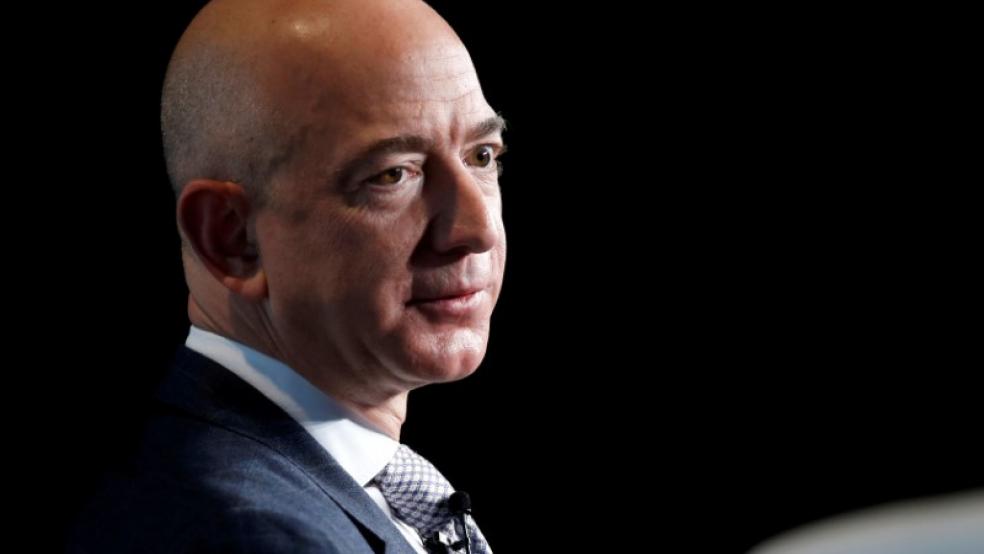Under current law, capital gains are wiped out at death, eliminating capital gains taxes on assets that are passed along to heirs. An enormous boon for wealthy families, this wrinkle in the tax code costs the U.S. Treasury about $43 billion per year in lost revenues, according to estimates from Congress’s Joint Committee on Taxation. In his quest for both fairness and funds to help pay for his ambitious spending plans, President Joe Biden has proposed ending this “step-up in basis” loophole and requiring large estates to pay taxes on the assets they possess, with the gains pegged to the original purchase prices.
Such a change would mean much larger tax bills for the heirs to some of America’s great fortunes. Amazon founder Jeff Bezos, for example, is sitting on roughly $180 billion worth of his company’s stock, which according to Bloomberg’s Caleb Melby and David Kocieniewski he acquired in 1994 for $10,000. Under current rules, the increase in the value of the stock would disappear upon Bezos’s death, eliminating the tax liability for his heirs. Under Biden’s proposal, the capital gains on the Amazon shares would be taxed at 20%, producing a tax bill of roughly $36 billion.
Biden has also called for doubling the capital gains tax rate for the very wealthy, to 39.6%. If both provisions were to become law, Bezos’s eventual heirs would have a tax bill of about $72 billion, based on today’s prices.
While Biden’s proposed tax law changes are far from a sure thing, there’s little doubt that they would have a significant effect. Untaxed capital gains are worth hundreds of billions of dollars per year, and about half of those gains belong to the top 1% of households, according to the Federal Reserve. And 40% of the total wealth of that rarified group is now made up of unrealized capital gains.
“Ending [the step-up in basis] practice and raising the rate would amount to the biggest curb on dynastic wealth in decades, altering an American economic landscape dominated by a few wealthy families,” Melby and David Kocieniewski say.




